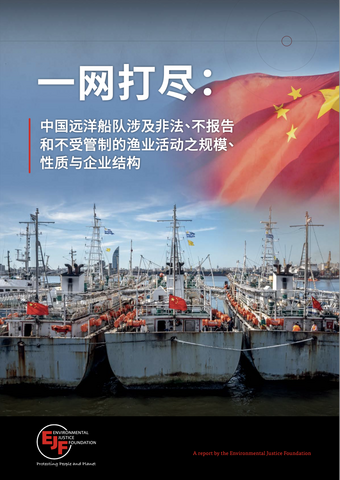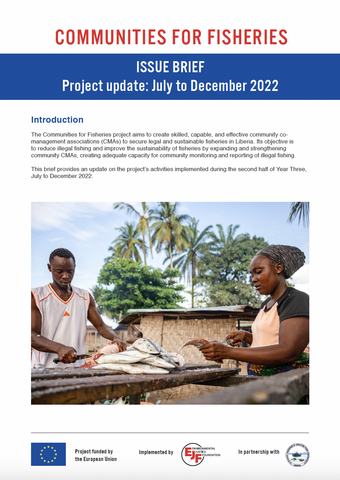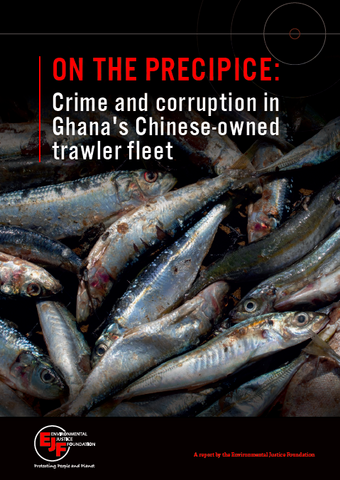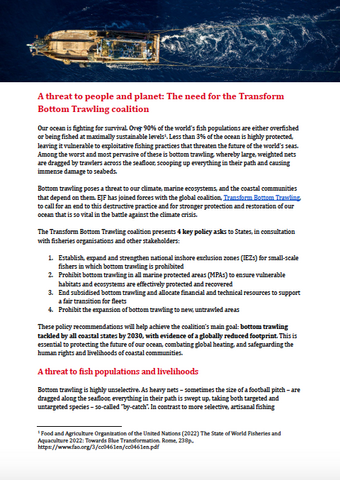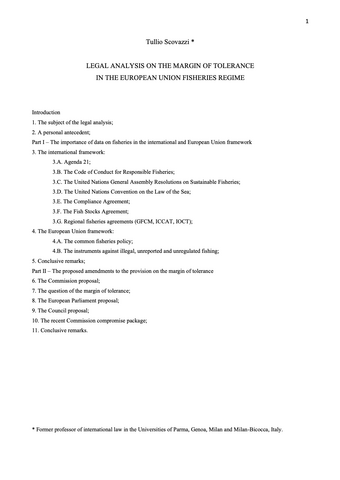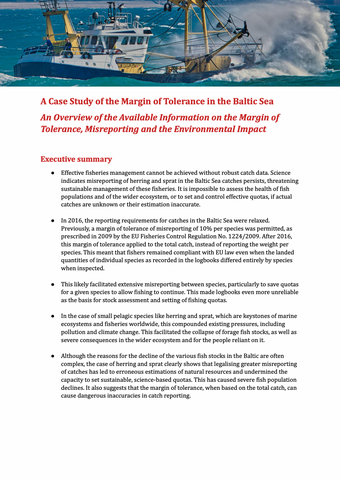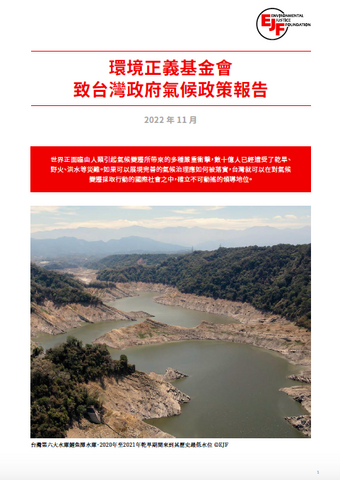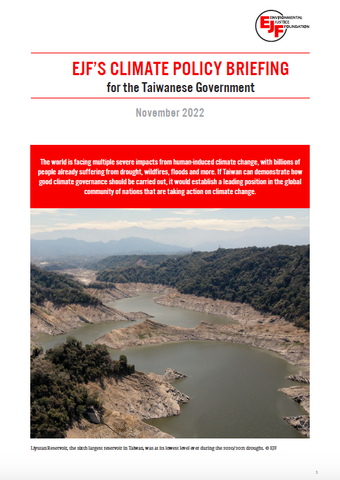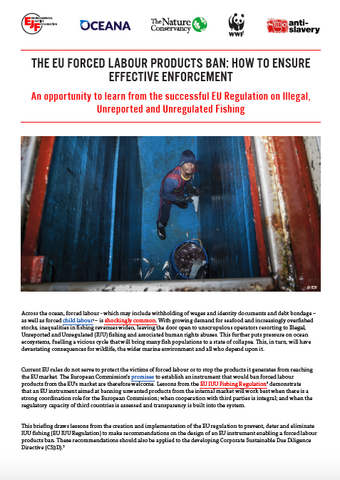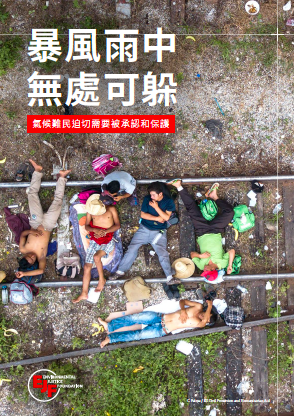Communities for Fisheries project update - July-December 2022: The EU-funded Communities for Fisheries project aims to create skilled, capable and effective community co-management associations (CMAs) to secure legal and sustainable fisheries in Liberia. This brief summarises the progress made under the project from July to December of 2022.
On the precipice: crime and corruption in Ghana's Chinese-owned trawler fleet: Fisheries that millions of Ghanaians depend on are at risk of collapse as a result of rampant illegal fishing and overfishing by Chinese-owned industrial trawlers, and a culture of corruption has allowed these crimes to go unpunished. This report explains the urgent action needed to reverse this decline.
A threat to people and planet: The need for the Transform Bottom Trawling coalition: Bottom trawling poses a threat to our climate, marine ecosystems, and the coastal communities that depend on them. EJF has joined forces with the global coalition, Transform Bottom Trawling, to take action on this destructive practice.
The EU forced labour products ban: how to ensure effective enforcement: Current EU rules do not serve to protect the victims of forced labour or to stop the products it generates from reaching the EU market. This briefing draws lessons from the creation and implementation of the EU regulation to prevent, deter and eliminate IUU fishing (EU IUU Regulation) to make recommendations on the design of an EU instrument enabling a forced labour products ban.
